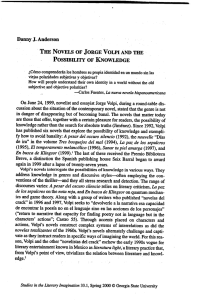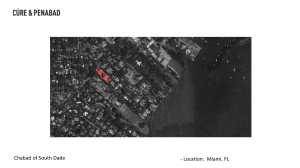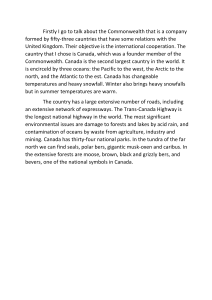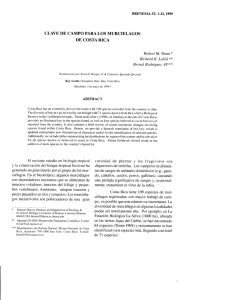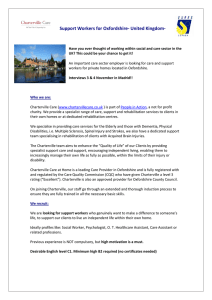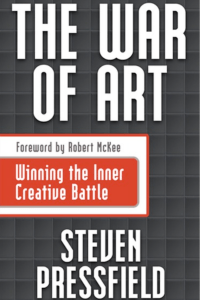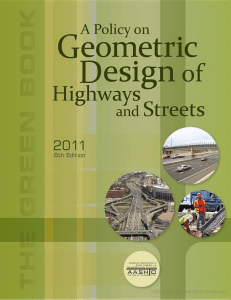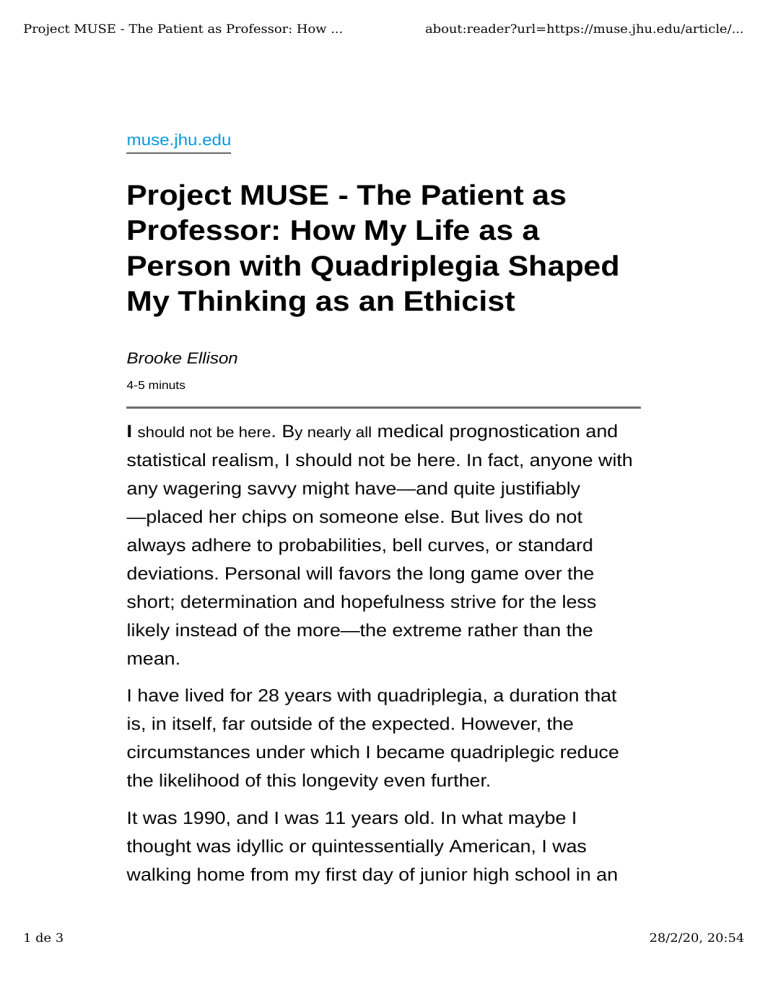
Project MUSE - The Patient as Professor: How ... about:reader?url=https://muse.jhu.edu/article/... muse.jhu.edu Project MUSE - The Patient as Professor: How My Life as a Person with Quadriplegia Shaped My Thinking as an Ethicist Brooke Ellison 4-5 minuts I should not be here. By nearly all medical prognostication and statistical realism, I should not be here. In fact, anyone with any wagering savvy might have—and quite justifiably —placed her chips on someone else. But lives do not always adhere to probabilities, bell curves, or standard deviations. Personal will favors the long game over the short; determination and hopefulness strive for the less likely instead of the more—the extreme rather than the mean. I have lived for 28 years with quadriplegia, a duration that is, in itself, far outside of the expected. However, the circumstances under which I became quadriplegic reduce the likelihood of this longevity even further. It was 1990, and I was 11 years old. In what maybe I thought was idyllic or quintessentially American, I was walking home from my first day of junior high school in an 1 de 3 28/2/20, 20:54 Project MUSE - The Patient as Professor: How ... about:reader?url=https://muse.jhu.edu/article/... unrelentingly charming Long Island town. The distance between my house and my junior high school was transected by a major highway where cars travel fast and pedestrians with trepidation. By foot or car, there was no way to get to my home from my school if not over this highway: the divide has since come to symbolize two different vantage points from which I now understand my life. [End Page 342] I was hit by a car while I was walking home from my first day of 7th grade. Sometimes, to this day, I think I still hear the screeching of the brakes being applied to the car traveling 55 mph or the shattering of glass as my head hit the windshield. To this day, 28 years later, when traveling on that highway, I still look for traces of blood or sheets of looseleaf paper that may memorialize a point in my life that has been hazily etched in my memory. From that day in 1990 and until several days later have been, for me, captured in narrative and lore much more than in actual cognitive memory. I was, by virtue of my accident, the victim of many crimes perpetuated by fate. I was, at once, in respiratory and cardiac arrest—without regular respiration or heartbeat. Couple this with what appeared to be extensive head trauma, nearly certain spinal cord injury, and innumerable broken bones, the status in which emergency medical responders found me was a veritable closed window on the likelihood of survival. Fragile, profoundly injured, and nearer to death than I was to life, I was brought to the Trauma Unit of the Stony Brook 2 de 3 28/2/20, 20:54 Project MUSE - The Patient as Professor: How ... about:reader?url=https://muse.jhu.edu/article/... University Hospital. It was a series of Herculean medical efforts that pulled me away from the precipice between life and the beyond. When you are a doctor treating a child whose life would otherwise end far too soon, or when you are the parent of a child whose life would end far too soon were it not for that physician, words like futility or longshot bear no meaning, take up no space in one’s mouth. For better or for worse, my life didn’t play the odds and knew nothing of futile. My accident did not result in my death, nor did it leave me with damage to my brain, though both of these would have been likely outcomes. My accident did, however, leave me paralyzed from my neck down, with a subluxation at C2–3. I breathe only with the assistance of a ventilator which, 13 times per minute for 28 years, has pushed air into and out of my lungs through a tracheostomy. I get from place to place, event to event, classroom to classroom, and speaking engagement to speaking engagement with a wheelchair driven by pneumatic changes in air pressure that I apply to a straw. These are the logistical nuts and bolts of my life right now and, at one point, I would have thought this to be some kind of suboptimal, second-rate form of a life—some, I know, likely do—but making that assumption would be to evaluate a situation for its complexity rather than its virtue, to look at... 3 de 3 28/2/20, 20:54
